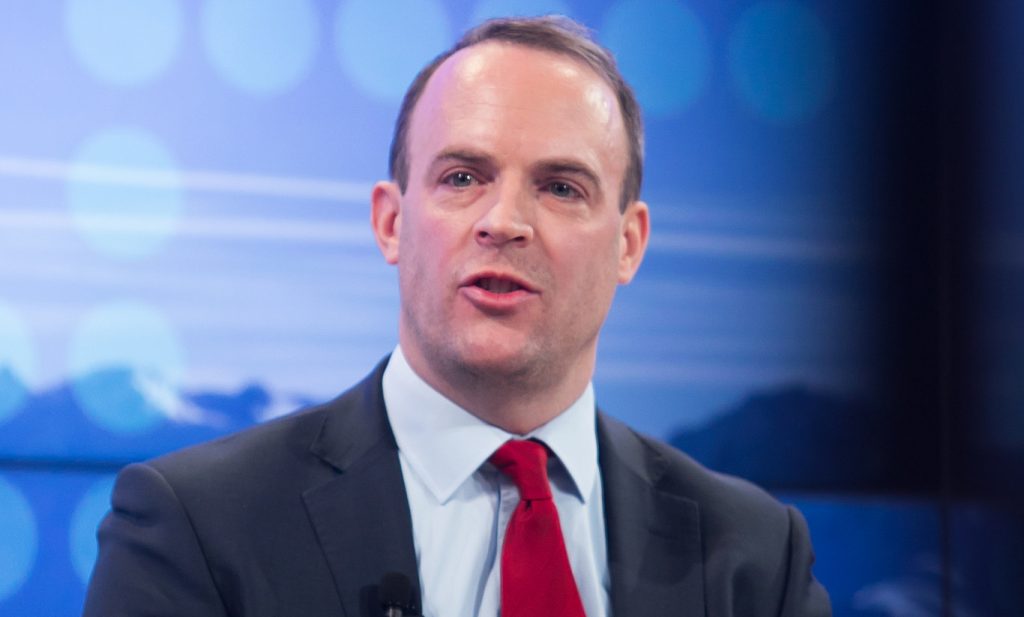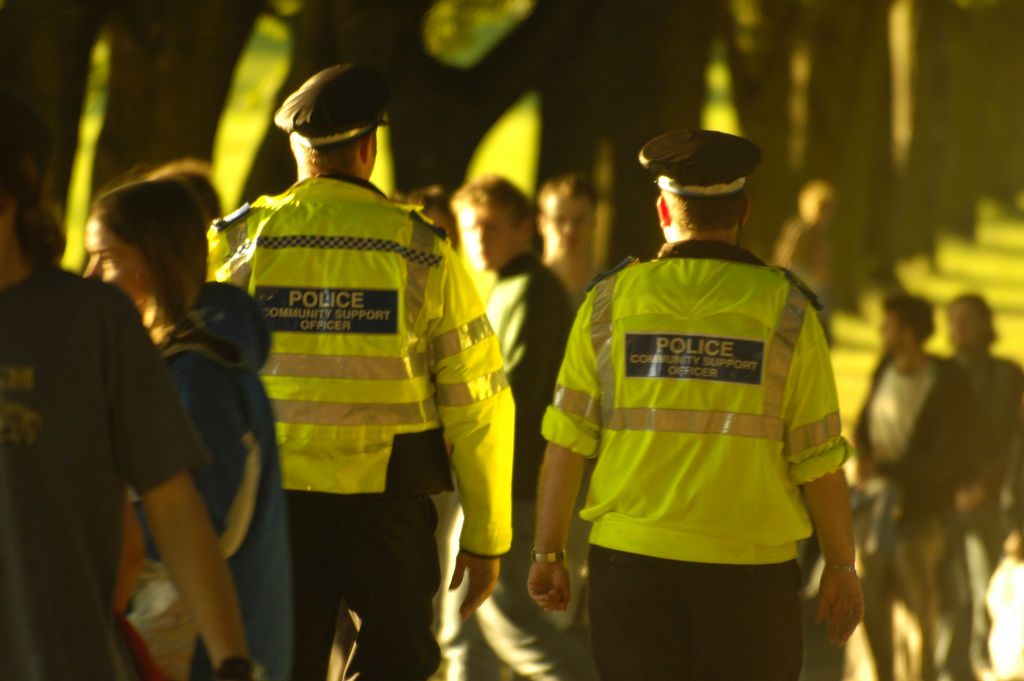Prime Minister Theresa May has unveiled a set of proposals detailing exactly how the UK will leave the European Union, some 260 days before we are due to leave the bloc.
The long-awaited Brexit White Paper, which sets out proposals for what Brexit could mean in practice, had already led to a string of high profile resignations, with Brexit Secretary David Davis leaving the cabinet, along with Foreign Secretary Boris Johnson.
The PM says it “delivers on the Brexit people voted for”, however, some MPs have claimed it offers a “bad deal for Britain”. So, what exactly does the paper say about our rights?
Committed to the Human Rights Convention

New Brexit Secretary Dominic Raab is now leading the efforts to leave. Image Credit: World Economic Forum / Flickr
In positive news for human rights fans, the document stresses that the UK should remain “underpinned by appropriate safeguards”, including respect for human rights.
[We must] be underpinned by appropriate safeguards; respect for human rights.
The report continues that the UK remains “committed” to membership of the Human Rights Convention, which was brought into UK law by the Human Rights Act 1998.
The Human Rights Convention is a series of principles that protect our most basic rights – for example, the right to life, privacy, family life and freedom of expression.
While not affected by the Brexit, some people have said that leaving the European Union could open the door to backing out of the Human Rights Convention – indeed, it was previously part of the Conservative Party’s Manifesto.
Freedom of Movement To Continue – Of Sorts

Image Credit: Alex Kotliarskyi / Unsplash
Ending freedom of movement around the European Union could have a big effect on workers’ rights, with all members of the bloc currently free to travel, live and work in other countries without a visa.
However, ending freedom of movement has been a big emphasis for some in the Leave camp, and Theresa May opens the Brexit White Paper by saying her proposals “would end free movement”.
The reality is a little more complicated though, with the plans seeming to allow movement for skilled workers, students and short holidays. Plans include:
- Supporting businesses to move their talented people
- Allowing citizens to travel freely, without a visa, for tourism and temporary business activity
- Facilitate mobility for students and young people, enabling them to benefit from world-leading universities and cultural experiences.
Working Together on Crime and Justice

Image Credit: John Leach / Unsplash
As part of our right to life, Governments have a duty to protect us from threats such a terrorism or other crime. As the United Nations Human Rights Office recognises, terrorism aims for the “destruction of human rights, democracy, and the rule of law”.
EU agencies provide forums for exchanging expertise, sharing resources, coordinating investigations and developing new methods for cooperation. Having law enforcement officers and legal experts working in close proximity means operations and judicial proceedings can be coordinated quickly.
With this in mind, the proposals aim to keep the UK in key agencies. This includes Europol, the European Union’s law enforcement agency which helps to fight against terrorism, cybercrime, and other organised crime.
They also plan to stay a part of Eurojust, which links up judicial services across the EU with the aim of co-operation. The plans also hope to retain full rights to join Joint Investigation teams – something you can’t currently have as a non-EU member.







